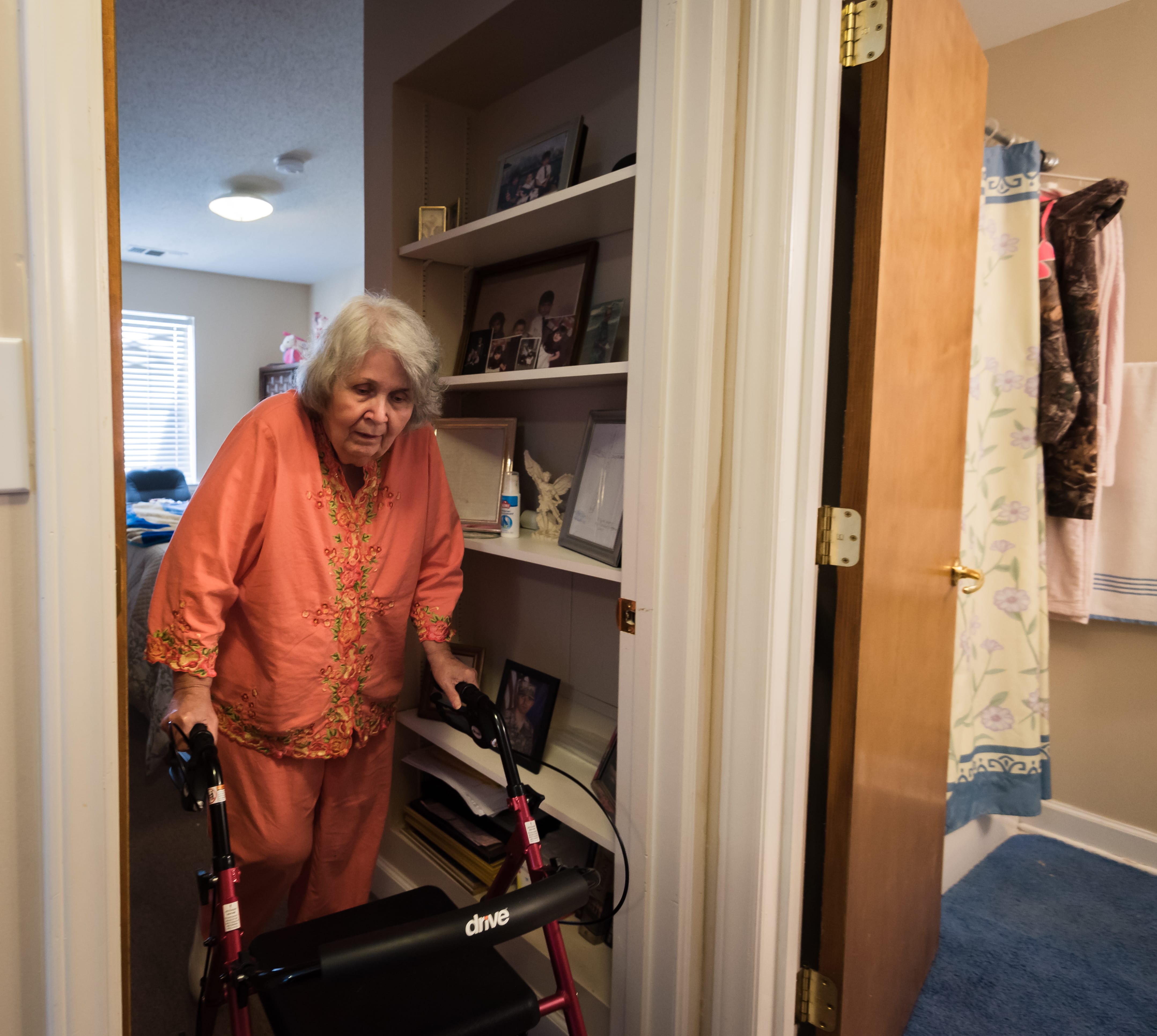Experiencing debilitating health issues and the death of her grandson, Sonja sought the support of her daughter and doctors. She was met with multiple threats of eviction from her property manager.
Stories from the Civil Justice Crisis
Safe at Home


The Civil Justice Connection
Tenants with disabilities have legal rights that can protect them from eviction and enable them to get help with daily activities – but only when enforced in a court of law. Too often, though, courts don’t uphold these rights either because the tenant doesn’t see their problem as legal, and therefore doesn’t seek legal help, or because they simply do not have access to legal representation. When Sonja’s knee surgery meant she needed live-in help, the law was on her side, but without a lawyer she was at real risk of eviction. All too often, people like Sonja lose their cases in court – not because they’ve done something wrong, but because they don’t have the legal information and help they need to advocate for their rights.
-
Share Your Story
If you’ve experienced a civil justice problem (for example, a threat of eviction, a suspicious demand for debt collection, or a disagreement about child custody), you’re not alone – and we want to hear from you. Share your story and join the campaign to fix our civil justice system so it works for everyone.
-
Explore Storytelling Resources
Reforming our civil justice system requires elevating the stories of people it hurts so no one can ignore everyday civil justice problems and solutions to them. Check out our digital storytelling toolkit to help you better tell the stories of people affected by the civil justice system.
-
Find the Untold Stories
Working on a story for media about a civil justice problem? Interested in telling one? Connecting with clients, lawyers, and advocates is the place to start. To find the civil justice angle and get connected to a source, click here to send us a note.